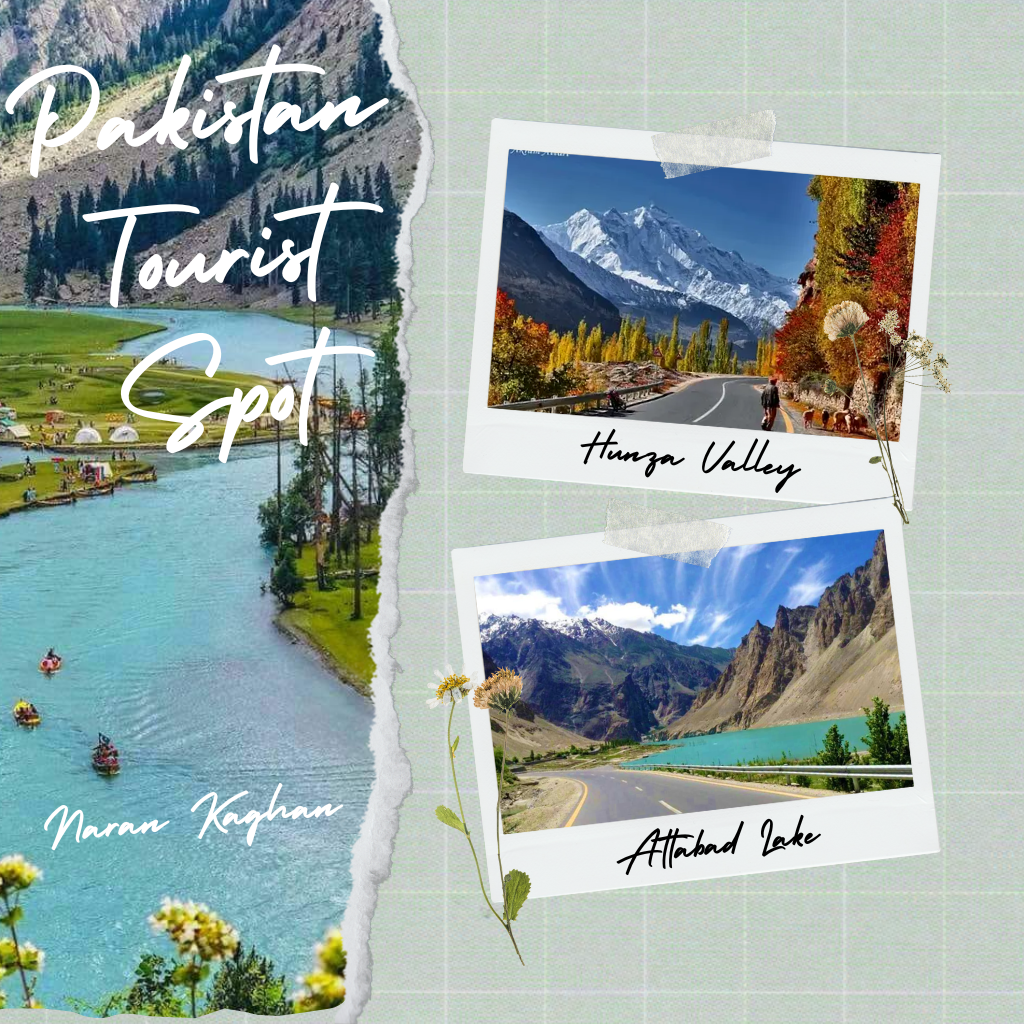
Pakistan's Souvenir: 12 Exquisite Mementos Capturing the Heart of the Nation.
Pakistan’s souvenirs encapsulate the nation’s diverse cultural identity and artistic flair. From intricately carved wooden items to colorful ceramics and intricately woven textiles, each piece reflects centuries of tradition and craftsmanship. Whether it’s a hand-painted truck art souvenir or a traditional embroidered garment, these treasures serve as reminders of Pakistan’s vibrant heritage and offer visitors a tangible connection to its rich cultural tapestry.
In the following article, you’ll discover a curated selection of unique Pakistan gifts to take home as souvenirs from your travels.
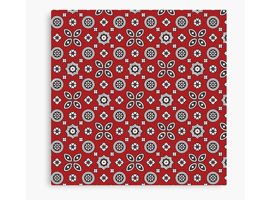
Colorful block-printed shawls or scarves adorned with intricate geometric patterns, originating from the Sindh region and symbolizing Pakistani culture and heritage.
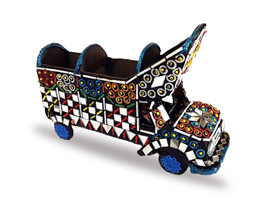
Hand-painted truck decorations featuring vibrant colors, intricate designs, and folk art motifs, representing the creative spirit and cultural identity of Pakistan.
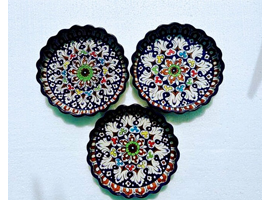
Handcrafted pottery from Multan, known for its blue and white glazed designs, including vases, bowls, and tiles, reflecting the region's rich ceramic tradition.
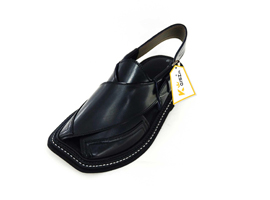
Traditional leather sandals handmade in Peshawar, featuring distinctive crisscross straps and durable soles, offering both style and comfort.
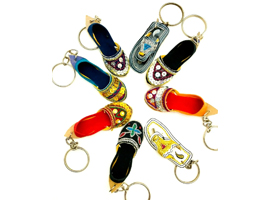
Embroidered leather shoes with curled-up toes, crafted by skilled artisans in Punjab and worn on special occasions, showcasing Pakistani craftsmanship and elegance.

Precious and semi-precious gemstones mined in the Hunza Valley, such as aquamarine, tourmaline, and topaz, renowned for their quality and unique colors.
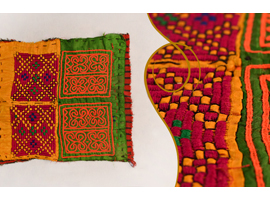
Intricately embroidered fabrics and garments featuring traditional Sindhi motifs like mirror work and thread embroidery, showcasing the skilled craftsmanship of the region.
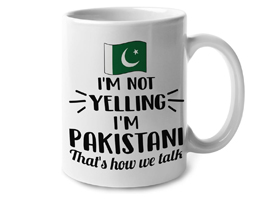
The Pakistani ceramic mug embodies the country's rich culture and craftsmanship. Each mug is meticulously handcrafted by skilled artisans, showcasing traditional Pakistani motifs and vibrant colors.
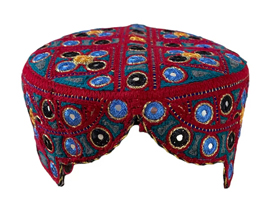
Traditional Sindhi caps made from cotton or silk fabric, adorned with colorful embroidery and worn as a symbol of pride and cultural identity in Sindh province.
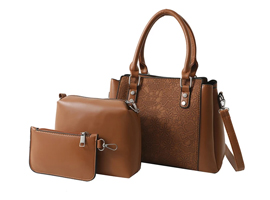
Fine leather products including wallets, belts, and bags, handcrafted by skilled artisans in cities like Karachi and Sialkot, renowned for their quality and durability.
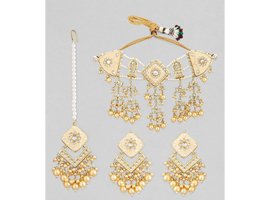
Flattened rice grains, often roasted or fried and seasoned with spices, nuts, and dried fruits, a common Nepali snack.
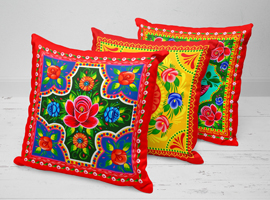
Colorful cushion covers featuring intricate embroidery and mirror work, handmade by artisans in regions like Punjab and Balochistan, adding a touch of Pakistani elegance to home decor.
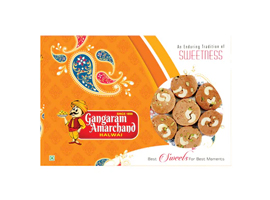
A traditional Pakistani sweet made from semolina, sugar, ghee, and nuts, offering a rich and indulgent treat with a melt-in-your-mouth texture.
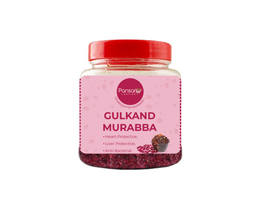
Sweet preserve made from rose petals and sugar, offering a fragrant and floral flavor profile, often enjoyed as a standalone treat or used as a filling in desserts.
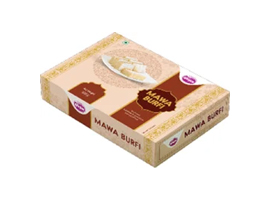
Milk-based confectionery made from khoya (reduced milk solids), sugar, and nuts, shaped into bite-sized squares and adorned with silver leaf, offering a rich and decadent sweet treat.
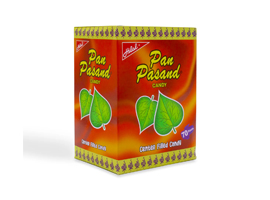
A popular Pakistani candy with a refreshing flavor reminiscent of betel leaves (paan), combining sweet and minty notes for a unique and palate-cleansing experience.
Travel Advice for Pakistan: Islamaba is the Capital City of Pakistan
Islamabad, Pakistan’s capital, boasts a blend of modernity and natural beauty. Designed by Greek architect Constantinos Apostolou Doxiadis, it’s characterized by wide tree-lined avenues, modernist architecture, and lush green spaces. The city’s Faisal Mosque, one of the largest mosques globally, stands as a symbol of Pakistan’s Islamic identity. Islamabad offers a peaceful ambiance, with its serene parks, including the scenic Shakarparian Hills, making it a tranquil retreat amidst the country’s dynamic landscape.
These are some travel advice when you planning to visit Pakistan.
